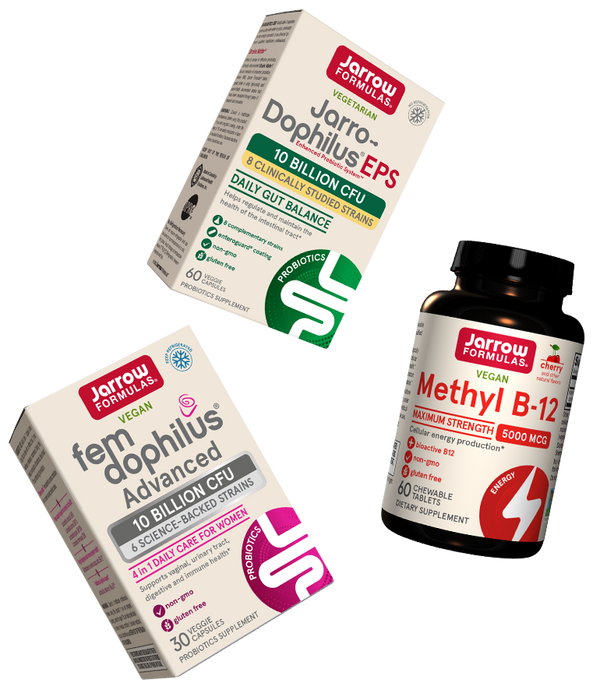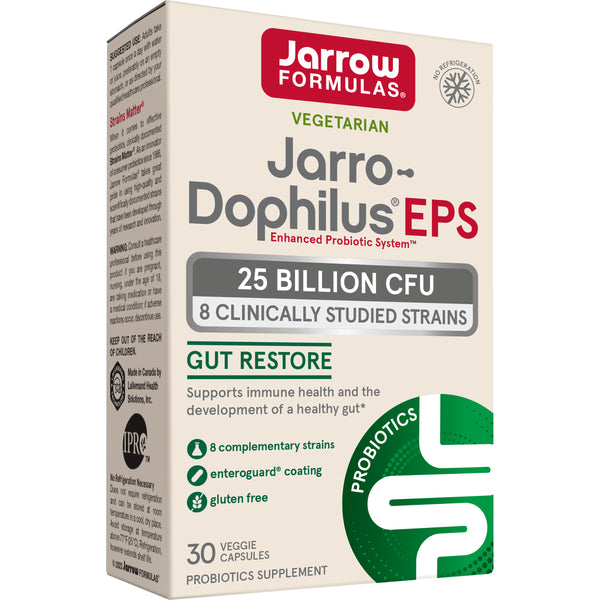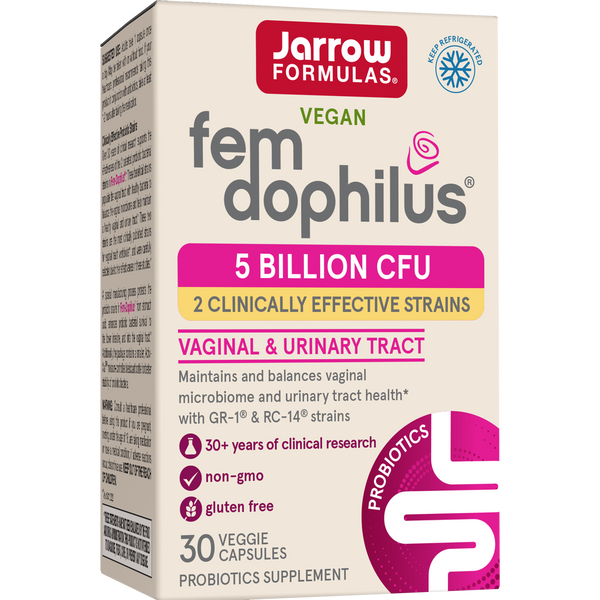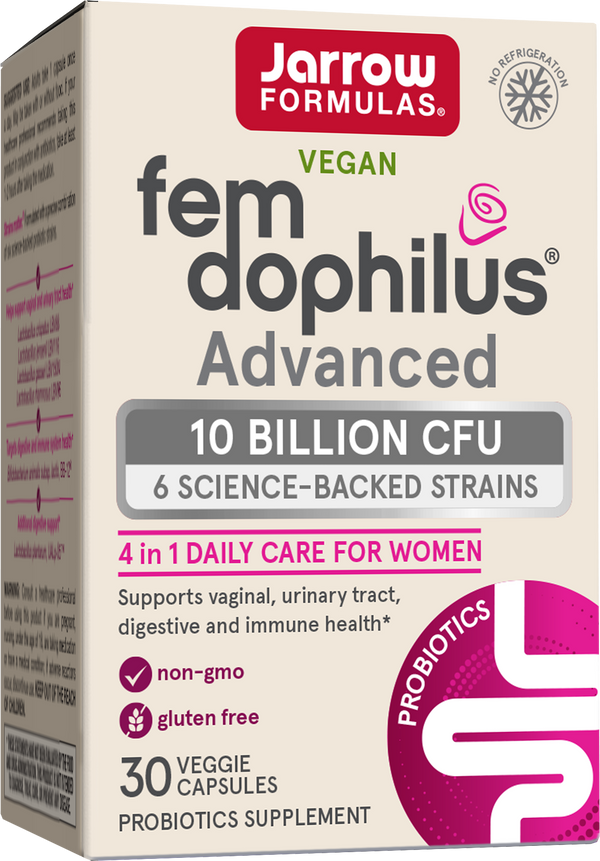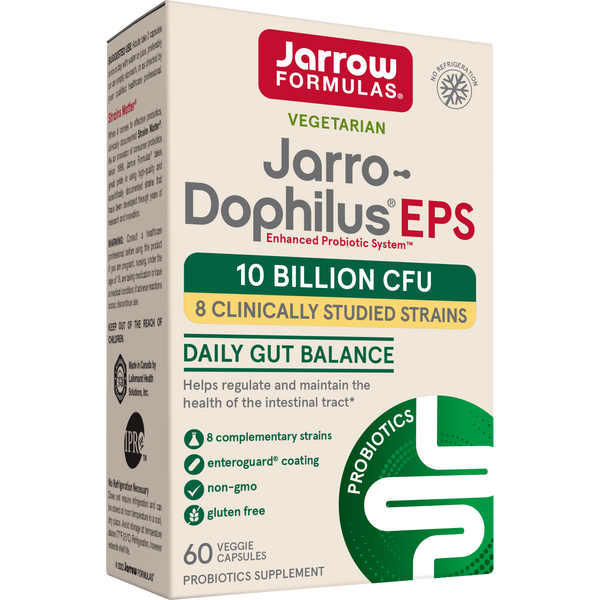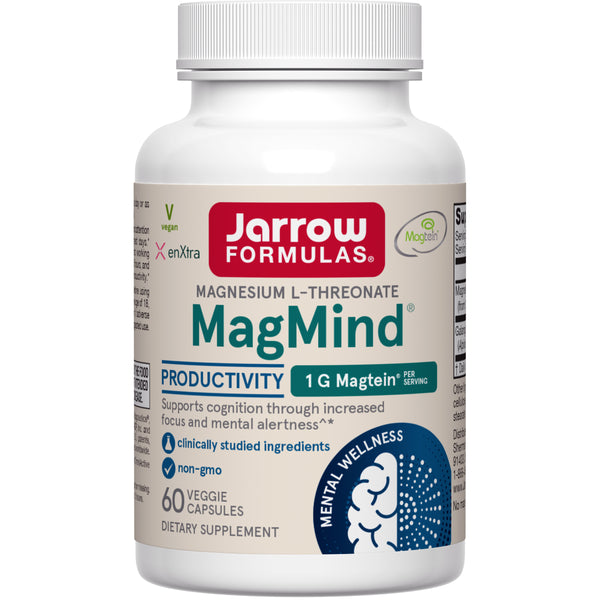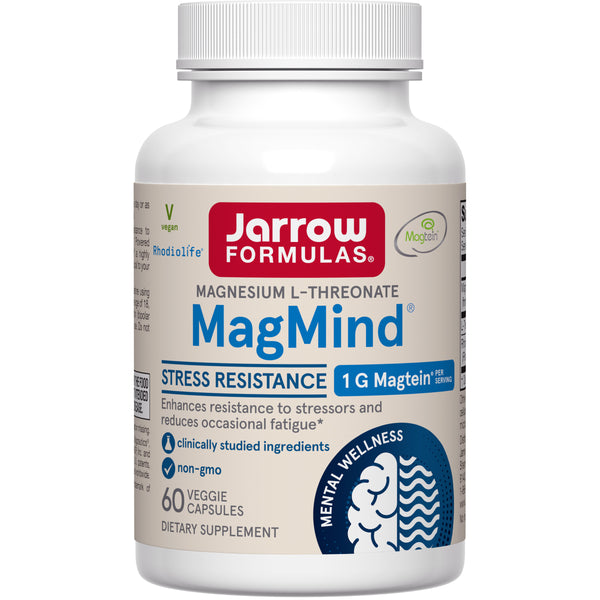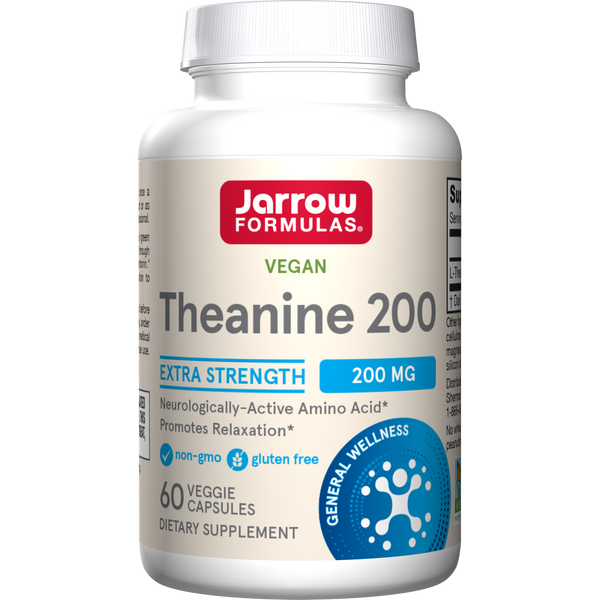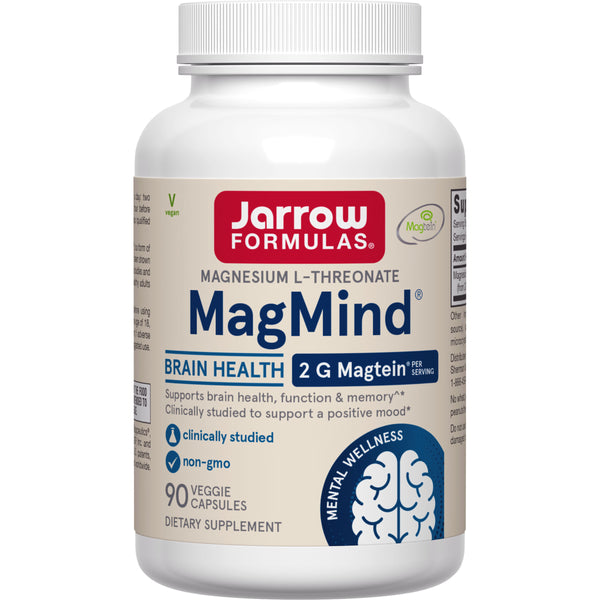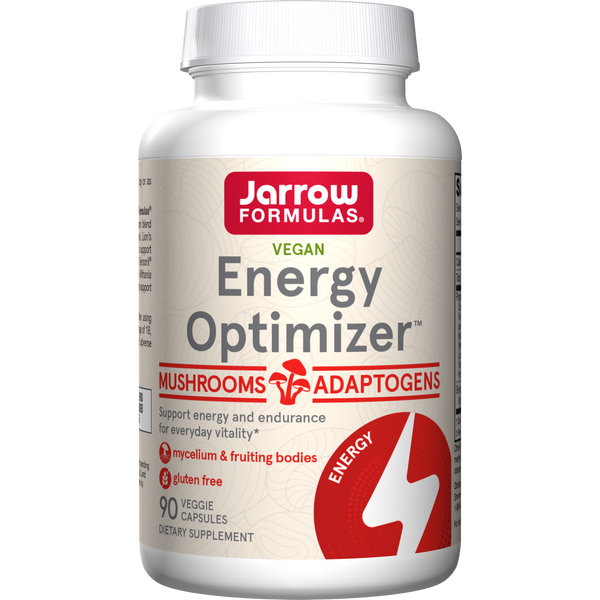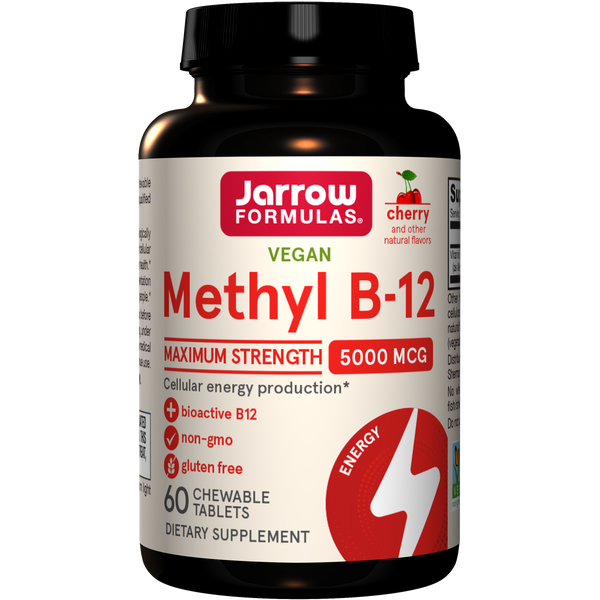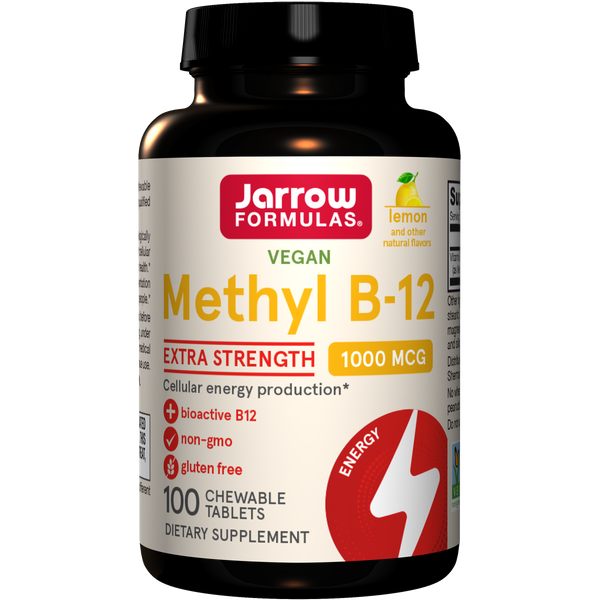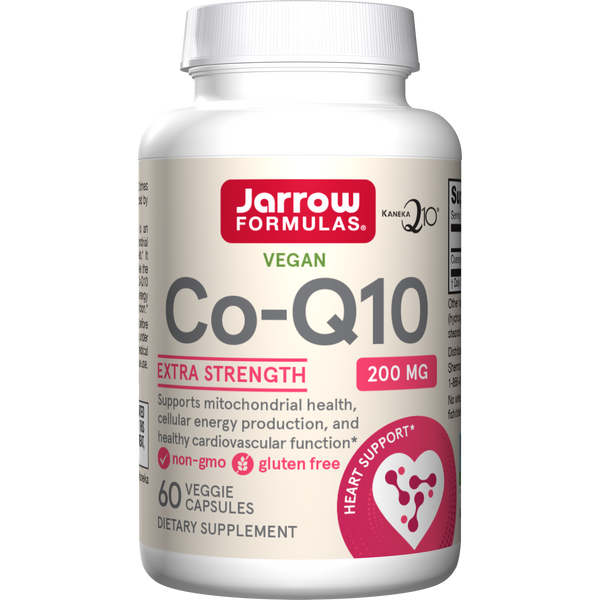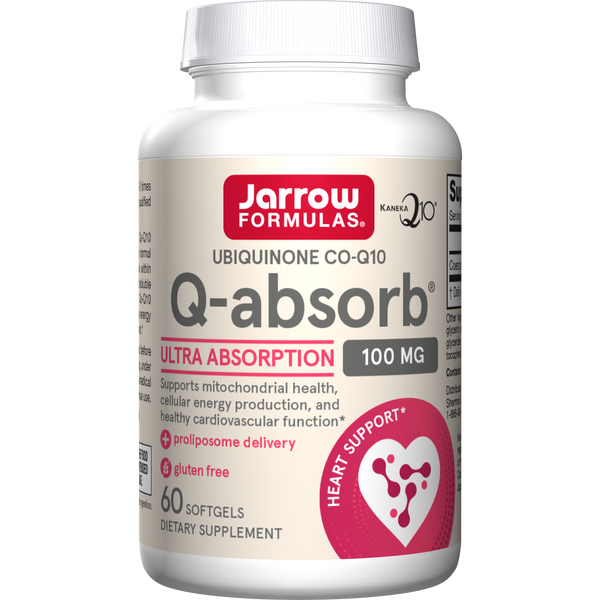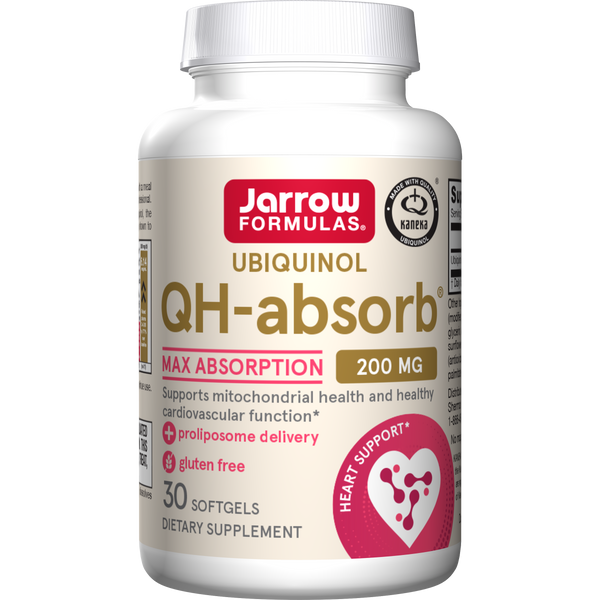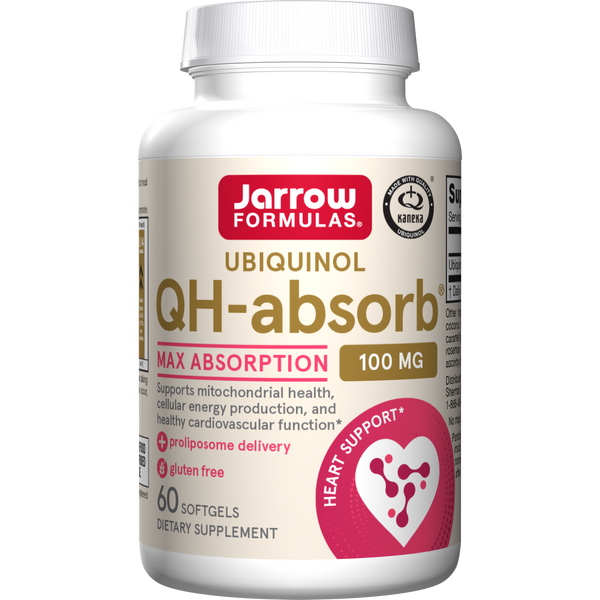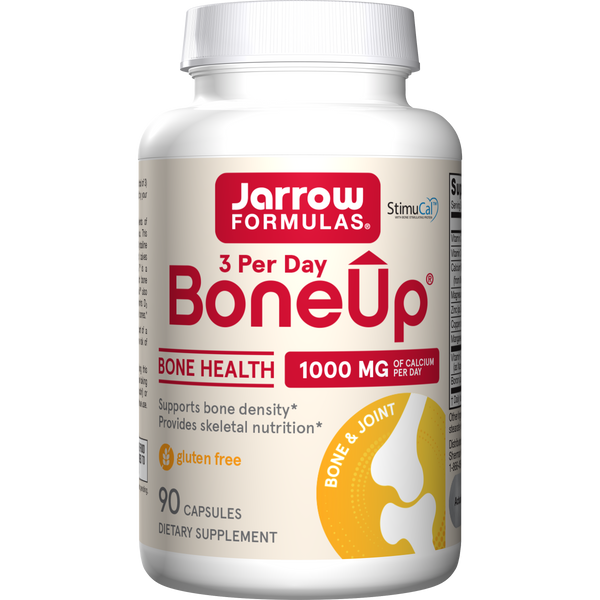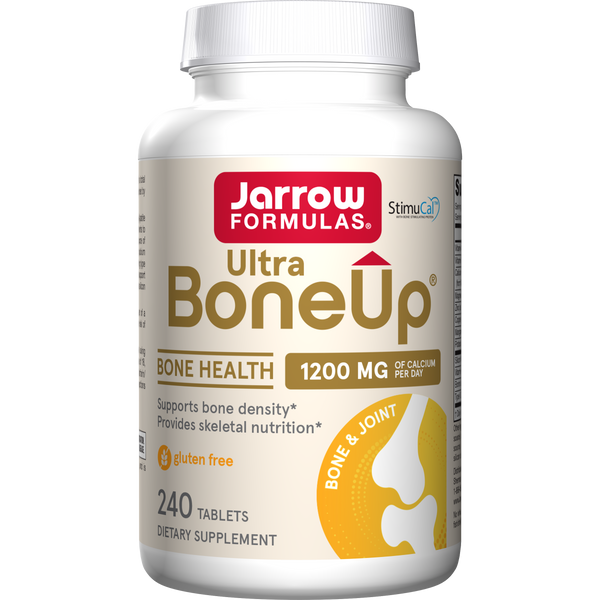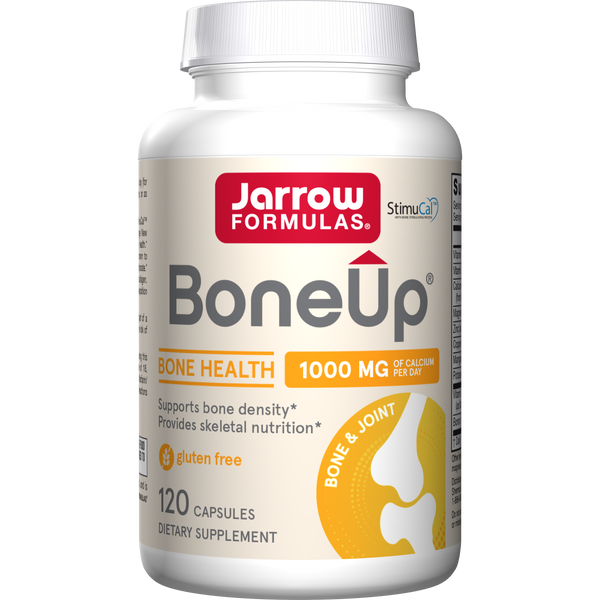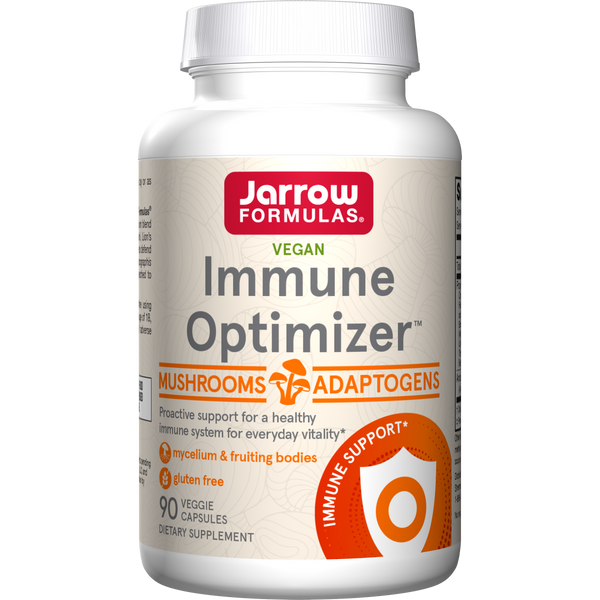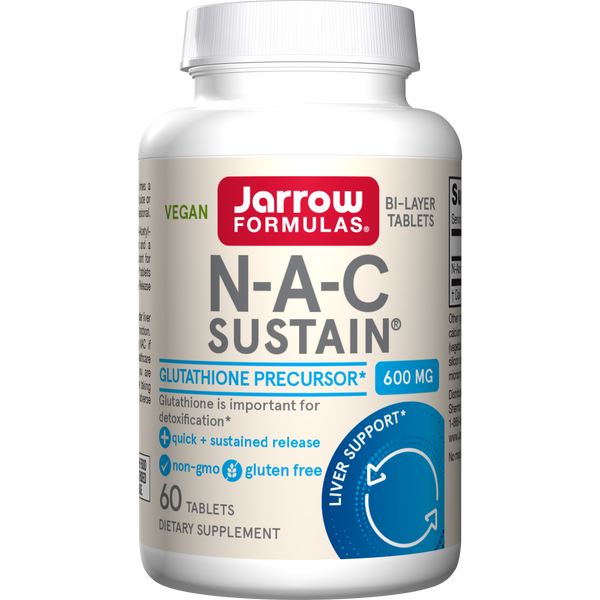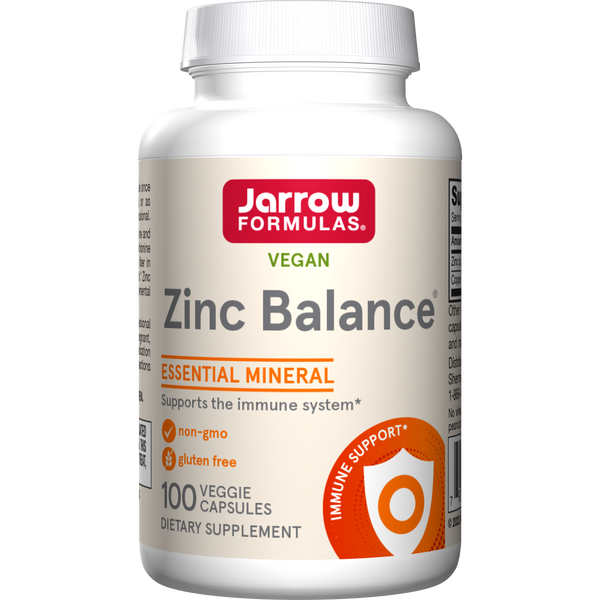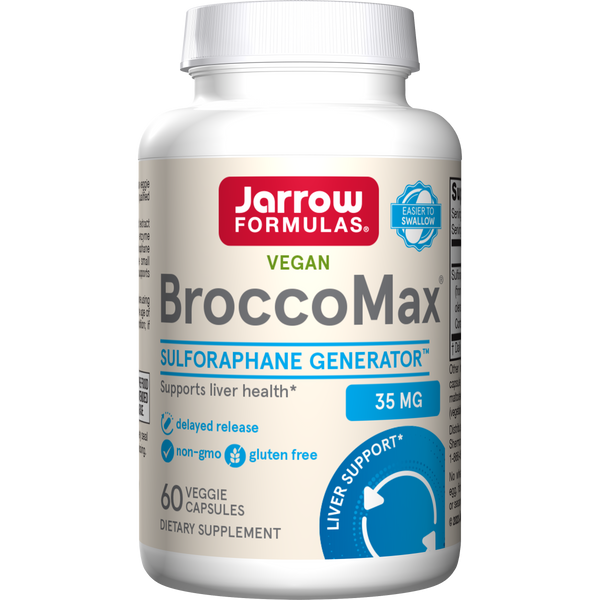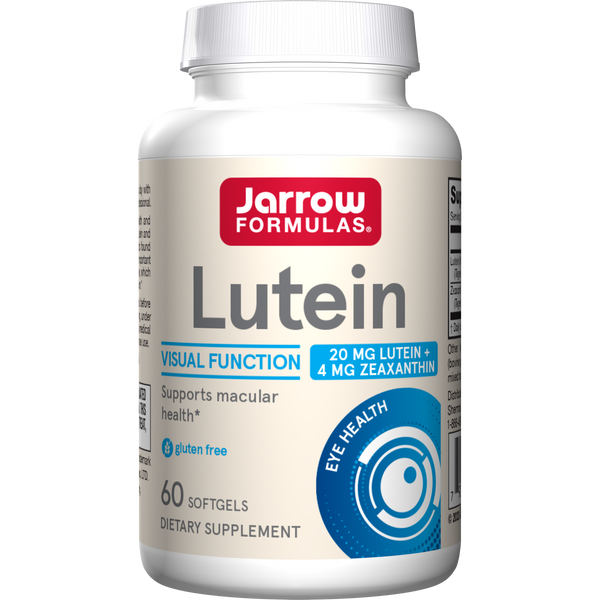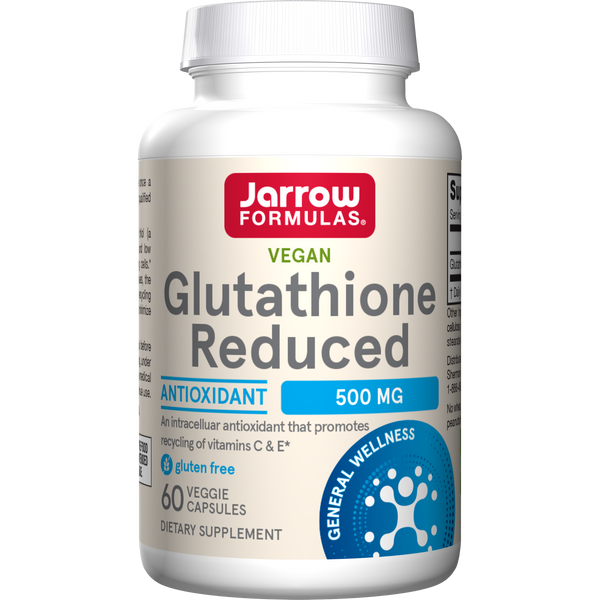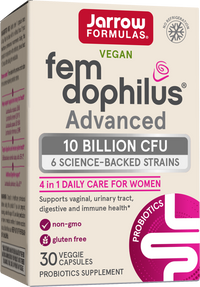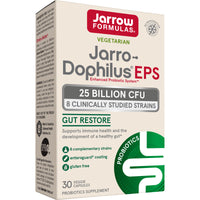The connection between the gut microbiota and liver health
by Silvano Arnoldo
A recently published review in the Journal of Functional Foods provides insights into the possible roles of gastrointestinal ("gut") microbiota and various liver conditions. At the same time, the review examined the role probiotics may play in improving the properties and activities of microbes colonizing our guts.
The liver receives and processes various substances including toxins that are ingested and absorbed into the body through the gut. The composition of the gut microbiota will influence the type of metabolites and toxins produced within the intestines. Changes in the microbiota and intestinal barrier function have been reported in various states of liver health. The intestinal barrier function involves the microbial barrier (bacteria lining the intestinal tract), mechanical barrier (mucus and intestinal cells) and immune system (immune cells).
When the intestinal barrier is disrupted, which generally occurs within a state of gut dysbiosis (microbial imbalance), various endotoxins, antigens and possibly bacteria, from the gut, which were previously excluded, enter into the systemic circulation. This situation can be described as a “leaky gut” and results in metabolic endotoxemia, which promotes inflammation and disrupts healthy physiologic/metabolic functions.
The intestinal barrier may be disrupted by such factors as undesirable microbes-intestinal cell interactions, drugs, inflammation, and hypoxia. Indeed, structural and functional changes in the intestinal mucosa that lead to increased permeability, has been observed in individuals with compromised liver function. Various bacteria-derived endotoxins are released into the liver-gut axis and cause inflammatory and autoimmune responses in the liver, which can subsequently result in compromise function.
Probiotics have been shown to decrease the permeability of the intestinal mucosa or lining of the intestinal tract and improve the intestinal barrier, thus deceasing bacterial translocation and endotoximia in animal models and, as well, in some human clinical trials. Furthermore, probiotics modify the properties and activities of the gut microbiota. In other words, probiotics antagonize undesirable microbes, help maintain a favorable gut environment, help strengthen the intestinal barrier and consequently help reduce the quantity of toxic substances that can compromise liver health and function if they enter into the systemic circulation.
In summary, there is a growing recognition of the role of gut microbiota in various liver conditions and there is an increasing interest in the application of probiotics to support liver health and function indirectly by reinforcing the integrity of the intestinal barrier.
Source:
Current evidence on the use of probiotics in liver diseases
Norberto C. Chávez-Tapiaet al
Journal of functional foods, 17 (2015)
